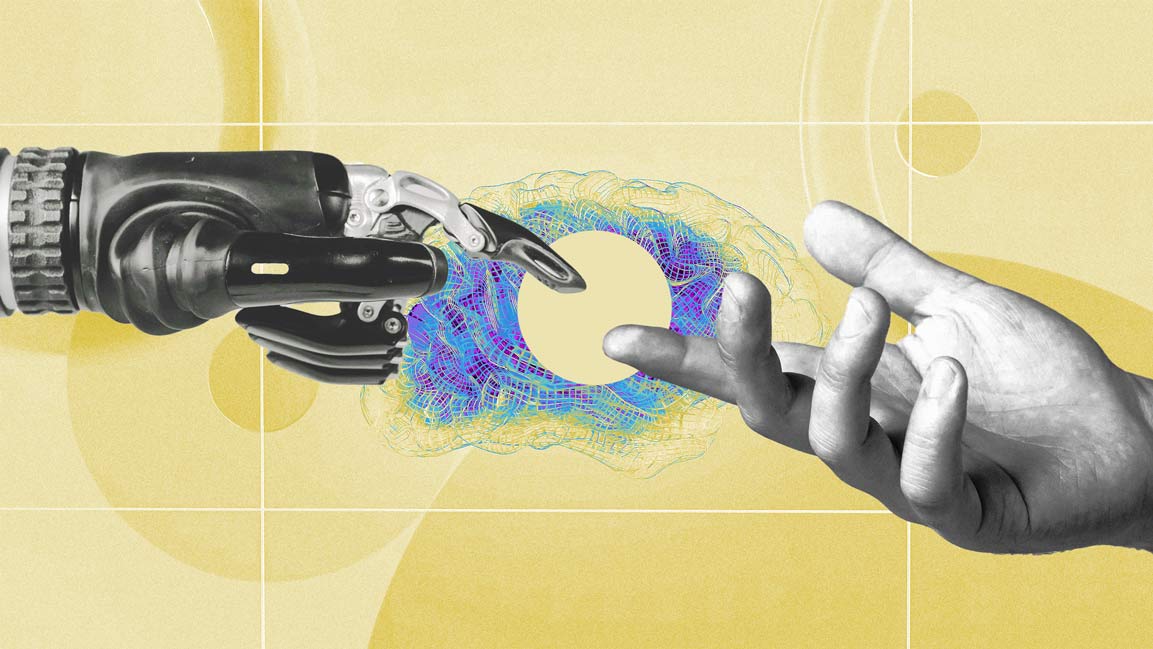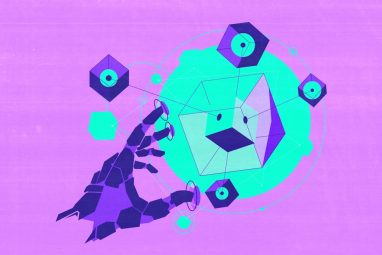TCS to Retrain 100,000 Workers Annually in AI Workforce Overhaul
The IT firm is cutting roles, funding data centers, and rewiring contracts as code generation and “continuous assurance” take hold.
News
- Supreme Court Raises Red Flags Over Meta, WhatsApp Data Practices
- Musk Merges SpaceX and xAI in Deal Valued at $1.25 Trillion
- Firefox Moves to Make AI Optional for Users
- OpenAI, Snowflake in $200 Million Deal to Embed AI in Enterprise Data
- Oracle to Raise Up to $50 Billion in 2026 to Scale Cloud Capacity
- What a Two-Minute Speed Gain Costs Developers in Learning

India’s largest IT service company, Tata Consultancy Services Ltd (TCS) plans to retrain about 100,000 employees annually, roughly one-sixth of its workforce, as clients adopt AI and project work changes, its technology chief told Nikkei Asia.
Chief Technology Officer Harrick Vin described the rise of generative AI as unlike any previous technological wave, saying it is redefining employee roles and forcing a “big shift” in how the company operates.
The lifespan of technology skills, he told the English-language edition of Japan’s leading business media group, has shrunk from around 30 years to less than six, forcing a wholesale reinvention of roles within the company.
Vin said “a lot of the code and software will get auto-generated, so those roles (software engineers) will diminish over time” and traditional software testing “will probably go away.”
In its place will emerge a need for “continuous assurance,” a constant recalibration of outputs from systems that never give the same answer twice. That requires “a very different set of roles and very different set of competencies.” To prepare for this shift, TCS is investing in internal training since employees are encouraged to use AI tools, he said.
The sense of urgency imbued by the progress of AI is reflected inside TCS through its restructuring efforts. In July, the company announced plans to shed 12,200 jobs, or around 2% of its workforce, by March as part of a push to become what it calls a “future-ready organization.”
The cost savings are being redirected toward emerging technologies, new markets, and large-scale AI deployments.
The company’s relationship with its clients, too, is being rewritten. As customers adopt autonomous systems capable of making and executing decisions, contracts are shifting from billable hours to outcome-based pricing. The model rewards success but offers no guarantees. For some analysts, this marks a risky departure from the comfort of predictable revenue.
In its latest earnings call, the IT services firm showed just how far it intends to take the AI path. From frontline delivery to infrastructure, client engagement, and even mergers and acquisitions, the company signaled an enterprise-wide shift toward machine-driven execution.
To support this transformation, it has created a new business unit dedicated to developing India-based computing infrastructure and plans to build as much as one gigawatt of data-center capacity within the next five to seven years.





